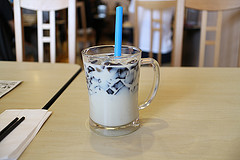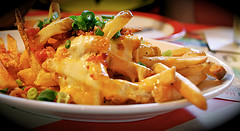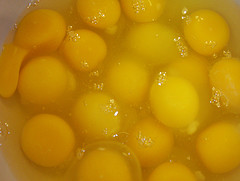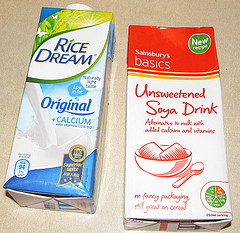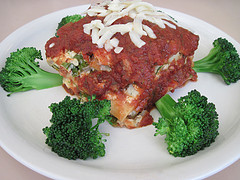
flic.kr/p/8rWmSK
The way people eat today is a far cry from the way people eat in the past. Previously, we’re usually happy with foods that are rich in fats and oils. We didn’t care about the amount of calories we eat in a day or how high the cholesterol in our blood is going to get if we consume this kind of food or that. Current trends in diet, however, have changed our general outlook about food. Instead of simply taking a liberal attitude about the kind of foods we eat, most of us have become more careful, to the point that some have even turned to vegetarianism and all its health and philosophical connotations. Read more . . .
